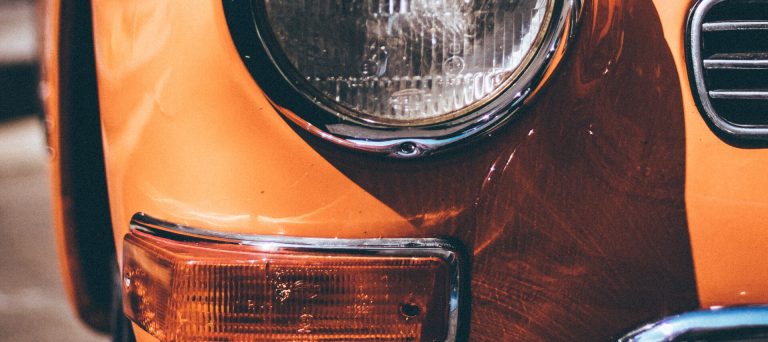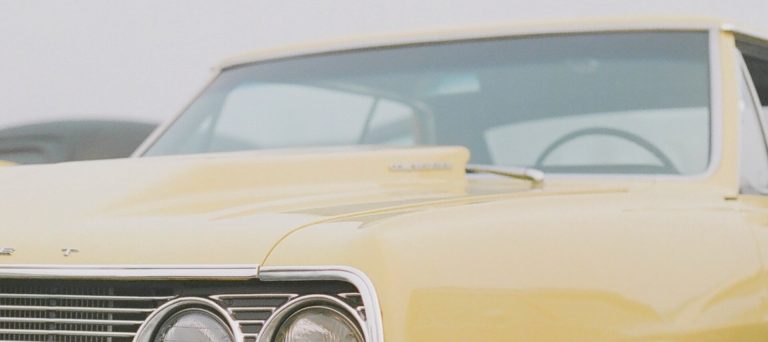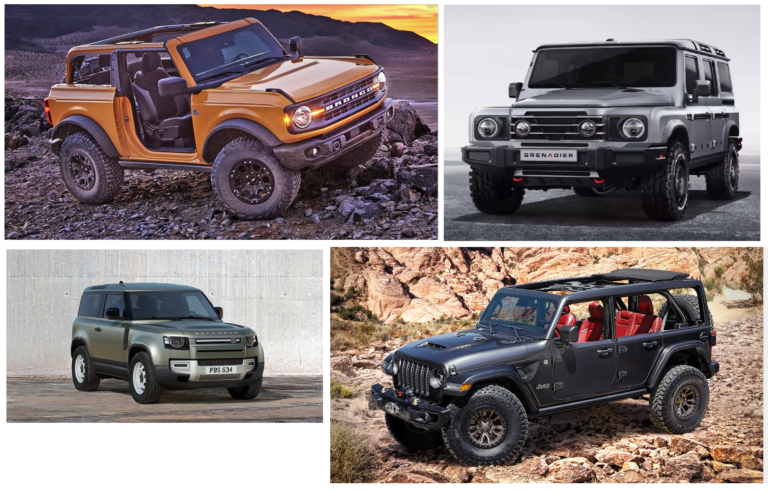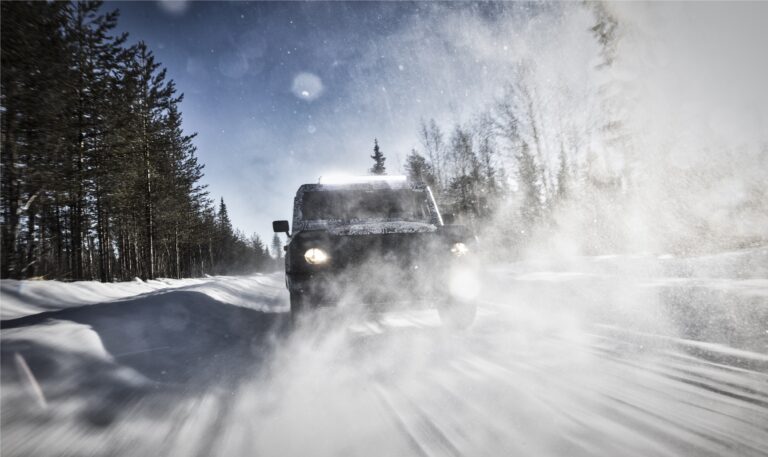Baraza,
Your columns are very enlightening. I am looking to owning an old school Land Rover and I am interested in the Land Rover Discovery 1. I am inclined towards the Tdi of between 2500 and 3000cc. According to my research, I can get one that fits my budget of Sh500,000 to 1m.
I have realised most of them have a worn-out interior while the exterior is in most cases relatively intact, despite most having been manufactured in the early ’90s. The transmission varies; it’s good in some while in others it needs a lot of work.
Could you please provide more information on the good, the bad, and the ugly? Solomon
The Good: the car will most likely be cheap. It is also one of the most hardy and most capable off-road vehicles out there.
Repairs will be delightfully simple and the Discovery 1 responds well to bush remedies, especially now that it shares many parts with the Land Rover Defender and Range Rover Classic from the same period. Driving a Discovery also offers one a sense of occasion: there are not that many Disco 1s still running out there.
The Bad: you can’t win. The diesel-powered versions are dreadfully slow and sound like someone kicking a rusty can full of nails down a cobbled street, or like a very busy quarry.
Raucous is what I’d describe it as. The petrol-powered versions are marginally faster than the diesel units, but they are still slow. The engine won’t rev and, therefore, the car won’t accelerate. To compound matters is the fearsome thirst, courtesy of the ancient V8s under the bonnet. You can’t win.
The Ugly: Rust and handling. The Land Rovers of the ’80s and early ’90s were prone to rust, especially in and around the steel chassis. The handling was awful: cornering usually meant the door handles would scrape the tarmac. *Note: this is hyperbole, but to be honest, the body roll that the Discovery 1 and its sibling, the Range Rover Classic, suffered from was epic. It felt like a loaded trawler trying to survive a particularly nasty tempest in the open sea. To cap it all is the terrible interior space, especially around the driver’s quarters. You have to be really short to drive one comfortably.
Redemption: the 300Tdi is actually not so bad. Its performance is passable, its fuel economy is actually good and it doesn’t sound like a giant chewing magnets and large rocks. Handling can be improved with aftermarket suspension bits, but there is nothing you can do about the rust (except hope for the best) or the poor legroom (modify the driver’s seat and to Hades with whoever sits behind you).
Dear JM,
Allow me to appreciate your informative articles and opinions. I drive a Peugeot 406. Recently, the temperature gauge was indicating high engine temperatures.
The mechanic diagnosed it as a failed thermostat and went on to remove it. The problem has since been “cured”. He further advised that there is no need to install another one.
How important is the thermostat and is it safe to maintain a vehicle without one.
Secondly, I was being driven in a vehicle where the driver was extremely reluctant to use the AC despite the hot weather, arguing that it would lead to high fuel consumption. Kindly advise on the overall effect of AC on fuel consumption. Kind regards, Allan
The thermostat is important, otherwise it wouldn’t be installed in a vehicle, now, would it? However, you can still run your car without it.
The thermostat is a thermoregulator (controls temperature levels in the engine) that ensures the engine is always within the correct operating temperature range.
During cold starts, it will impede the operation of the water pump and fans, depriving the engine of coolant to facilitate rapid warm up. In hot conditions, the water pump and fans go into full operation to prevent overheating.
Many before you have removed the thermostats from their engines, and many after you will remove thermostats from their engines. However, to safeguard against overheating, the fans and water pump have to be connected directly to the electrical system, which means they are always running whenever the car is “On”.
On cold days, it takes much longer for the engine to warm up (increased fuel and oil consumption) and also the pump and fans sap power from the engine, but not so much that you’d notice. You might or might not want to reinstall the thermostat. It won’t kill your car to run without it, but it does have its advantages.
The use of AC increases fuel consumption, but the degree of increase differs from vehicle to vehicle, and it depends on the type of AC you are using and the engine size of the vehicle in question.
Cars with smaller engines suffer dramatic power losses and/or increased fuel consumption (up to 15 per cent in some cases) while vehicles with larger engines usually have so much power to spare that running the AC and other accessories has a very tiny effect on them. That is why you will find most cars with AC on the options list tend to have that option higher up in the range where the engines are bigger.
Choose.
You could increase your fuel consumption by less than 10 per cent (and counteract it by employing economy-biased driving techniques), or you could sweat it out (quite literally) in the name of saving fuel. I always use AC whenever the interior of the car feels like a sauna. Driving is supposed to be pleasurable, not punitive.
Dear Mr Baraza,
It’s always great to read your column on DN2.
I own a Subaru Impreza GG2, and intend to upgrade to a good, reliable, affordable and efficient 4×4 to run errands in Nairobi and, once a month, to make an off-road trip within the country.
For a long time I have admired the Subaru Tribeca B9 (talk of brand loyalty). Now, before I settle for B9, kindly expound on three specific 4x4s, that is, the Tribeca B9, BMW X5, and VW Tuareg (all at 3000cc).
And more specifically on the BMW X5, which is better, a petrol- or a diesel-powered engine?
Regards. Michael
Hello Michael,
Of the three cars, what more would you want to know? The VW is the most capable off-road machine of the lot (but this is not to say that the Touareg is the most capable 4×4 ever. It is beaten by many others). The BMW looks and feels the best to drive, and is the most technologically advanced. It is also the most comfortable and most economical. Affordability is relative.
The Tribeca will not go off-road. Have a look at its ground clearance and its subtle side-skirts then tell me how far off the beaten path you think it will go before running aground on a tree stump.
It also uses low profile road tyres compared with the chunky, all-terrain common to the German duo. At this point, brand loyalty will have to hit the back burner in favour of realism. If not, buy the Tribeca and a donkey with it, for you will need the animal to continue with your journey over some rough ground you will encounter.
The X5 diesel is quite good.
The X5 petrol is also quite good. The diesel offers economy, the petrol offers power. Once upon a time I was a diesel disciple whenever it came to SUVs, but I have started swaying towards petrol engines again (poweeeerrrr!). The diesel engine is a bit complicated, what with the turbos and intercoolers and DPFs, and common rails and injectors and God knows what else.
Dear Baraza,You have a totally exquisite article that I love to read once every issue is out. I wanted to know if you have a special blog page, Twitter account or website where I can be reading your articles and learning many different things about automobiles. I would highly appreciate any information.Maxillian
Hello Maxillian,
Thank you for the compliment. I did have a blog once (www.motoringpressagency.com), then I had another one (www.autotalk.co.ke) but these have since become inactive for a variety of reasons that I would rather not get into right now.
I intend to create yet another one, an all-inclusive website with guest writers and videos and pictures and polls and all those features that make a website stand out from others. The original Motoring Press Agency website was like that, but the Autotalk one was a mite more bland.
I do have a Twitter handle: @BarazaJM. I also have a Facebook group, www.facebook.com/groups/barazajm. You can find some stuff there, but not much.
Hello Baraza,
I’m about to buy a station wagon and I still can’t make up my mind whether to go for a Honda Airwave, Toyota Fielder or Nissan Wingroad. Which one is the best in terms of reliability and durability. All of them at 1500cc.P. Kibaara
You have heard of the word “reputation”, right? Well, from reputation, there is a clear winner here, and that is the Toyota Fielder. From reputation, there is also a clear loser here: the Nissan Wingroad, with the additional non-bonus of being extremely hideous in its current form (what’s up with the rising roofline between the A and B pillars?)
The Honda Airwave falls dead centre, but by observation, either a) people don’t take good care of their Airwaves or b) the Airwave is as much of a sponge-cake as the Wingroad. These things don’t stick to their original shapes for long once they land here. Maybe they should cost more, and then people will value them more.




